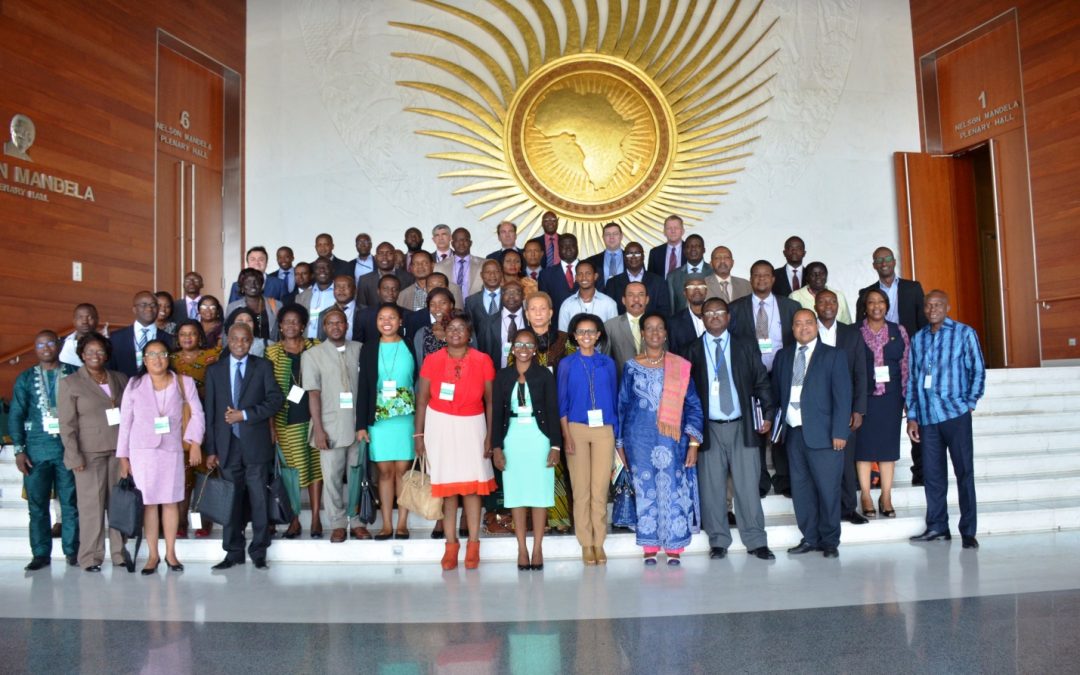IFNA aims to establish a framework for collaboration with African governments and development partners to fast-track the implementation of their food and nutrition security policies and strategies on the ground, in line with internationally-agreed nutrition targets.
The Malabo Declaration is one of the important goals that IFNA follows. IFNA caters for African leadership’s demand on ending hunger and improving nutrition.
The Malabo Declaration
The Heads of State and Governments of the African Union met at the Twenty Third Ordinary Session of the AU Assembly in Malabo, Equatorial Guinea, from 26-27 June 2014 on the theme of the African Year of Agriculture and Food Security titled “Transforming Africa’s Agriculture for Shared Prosperity and Improved Livelihoods: Harnessing Opportunities for Inclusive Growth and Sustainable Development”, coinciding with the Tenth Anniversary of the Adoption of NEPAD’s “Comprehensive Africa Agriculture Development Programme (CAADP).
As main outcomes and expressed in the 2014 Malabo Declaration on Accelerated Agricultural Growth and Transformation for Shared Prosperity and Improved Livelihoods,
African Union (AU) Member States commit to:
- Mutual accountability for action and results;
- Achieving “Healthy and Well-Nourished Citizens” – a key goal of the AU’s Agenda 2063;
- Deliver on pledges by heads of state in the Malabo Declaration on “Nutrition Security for Improved Economic Growth and Sustainable Development”; and
- End hunger and reduce stunting incidence to ten per cent, and underweight incidence to five per cent of all children under five years of age by 2025.
The details are here.

Recent Comments